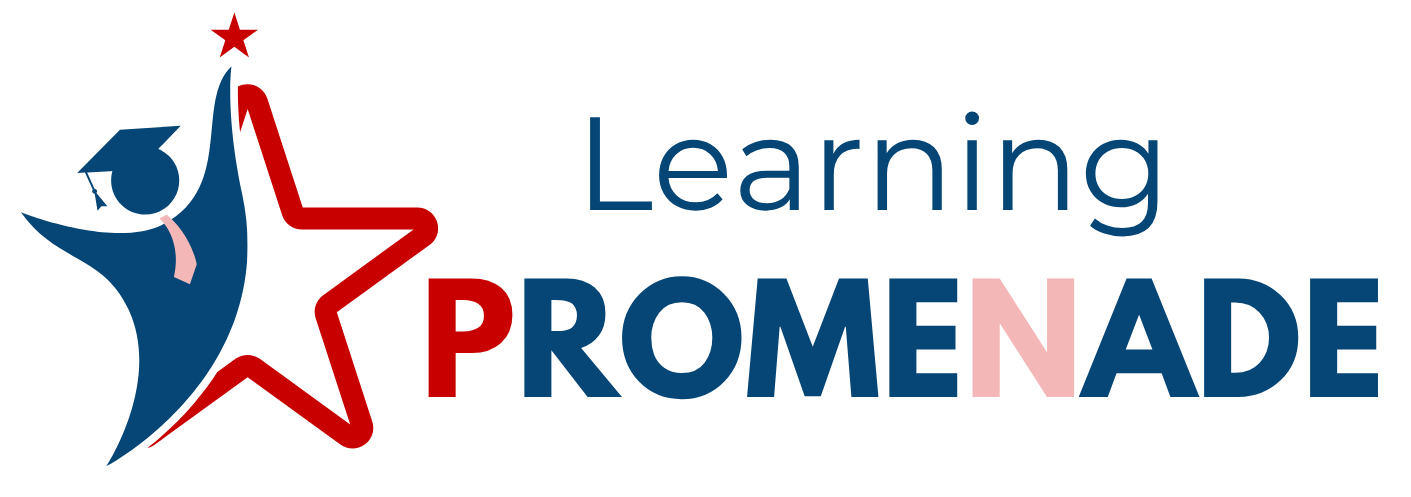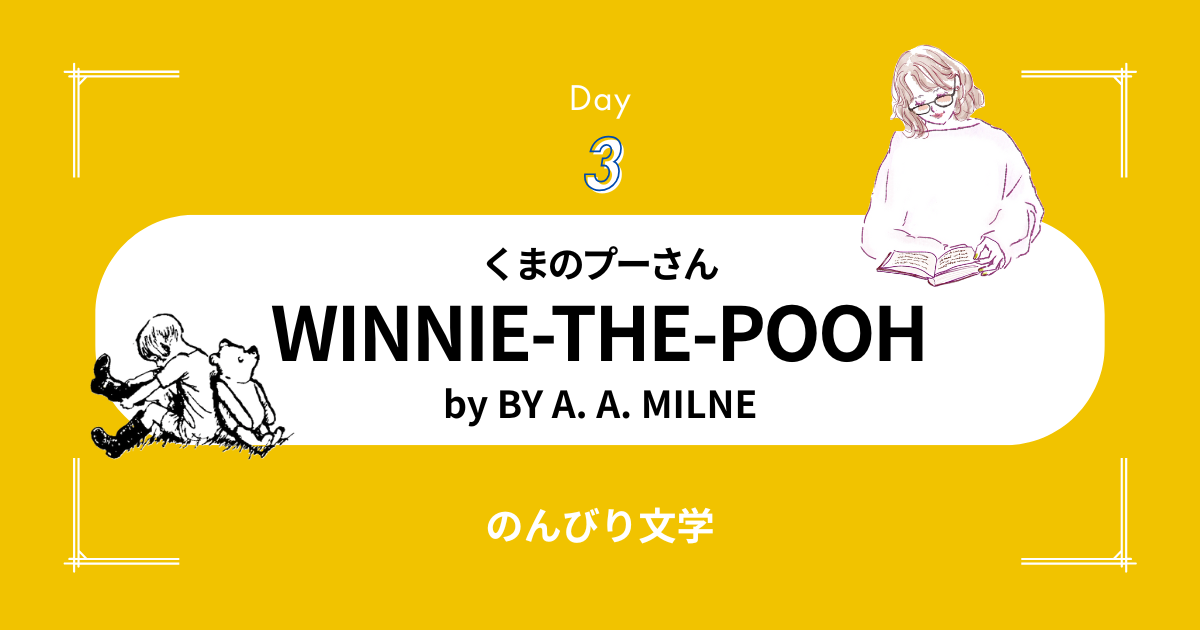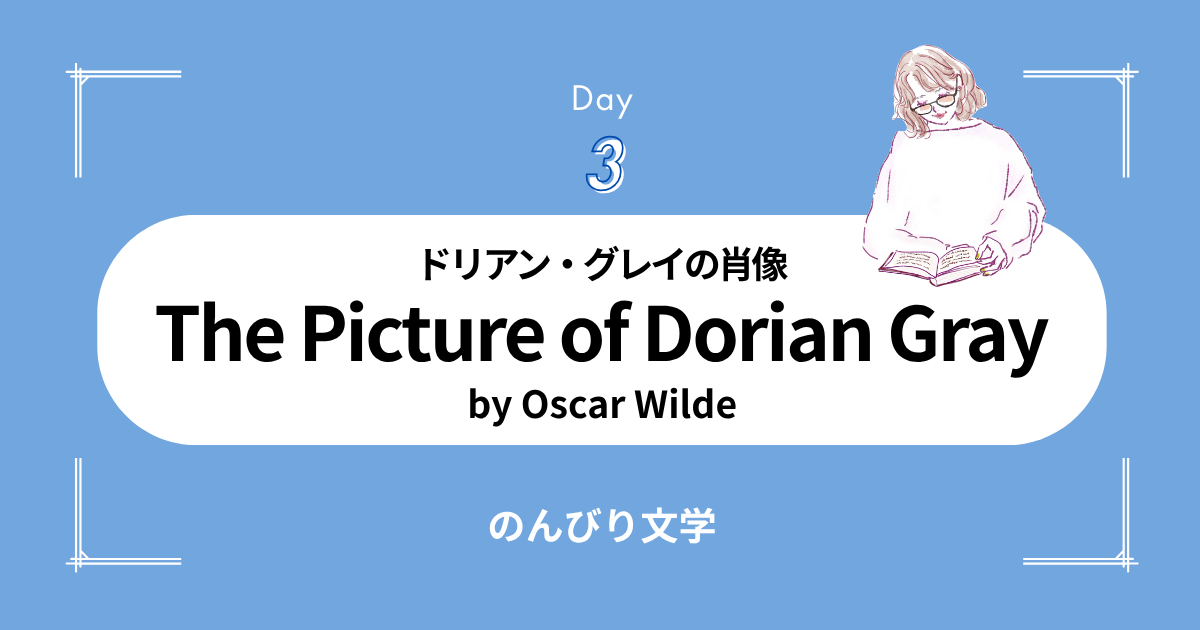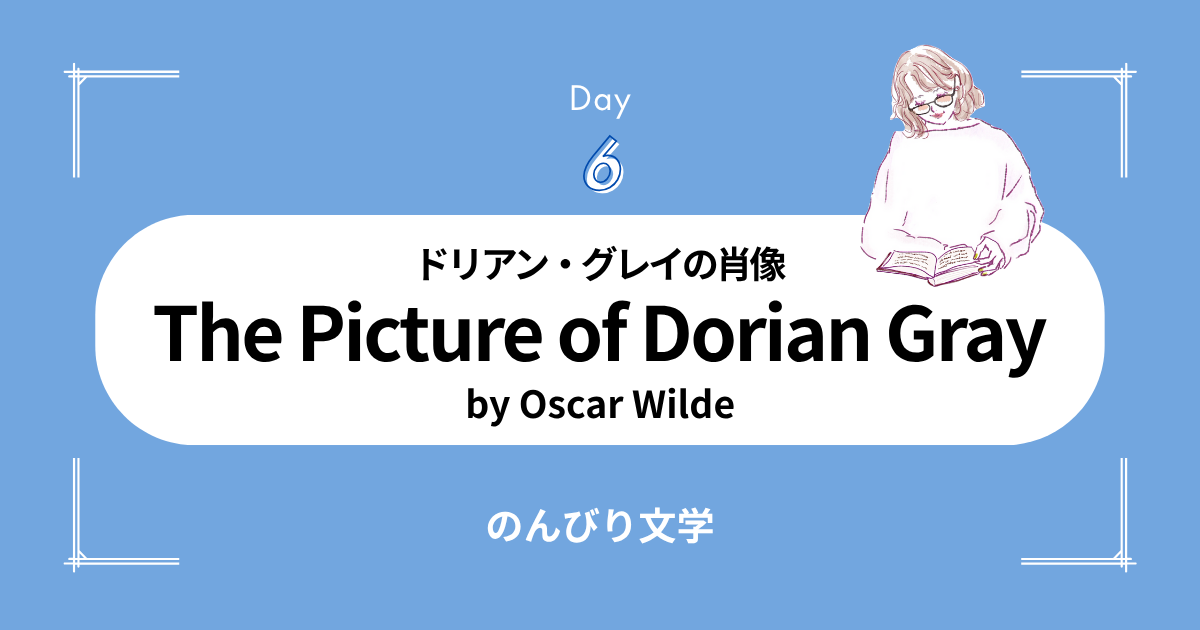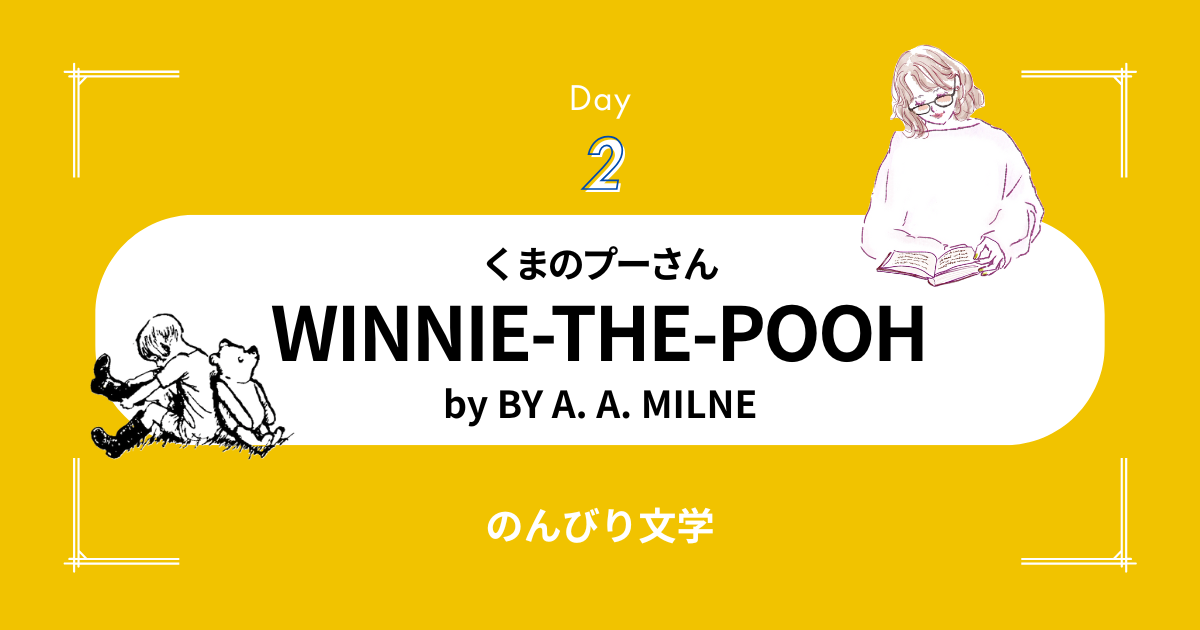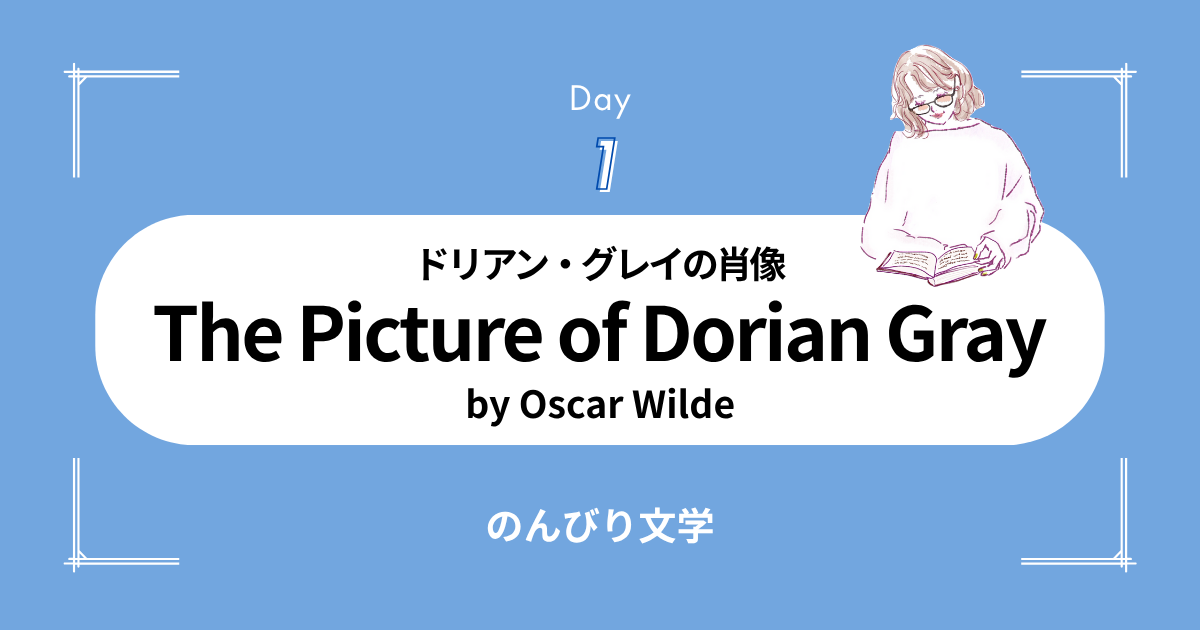【4】プーさんの「小さな黒い雲」作戦!? ユーモアと仮定の表現
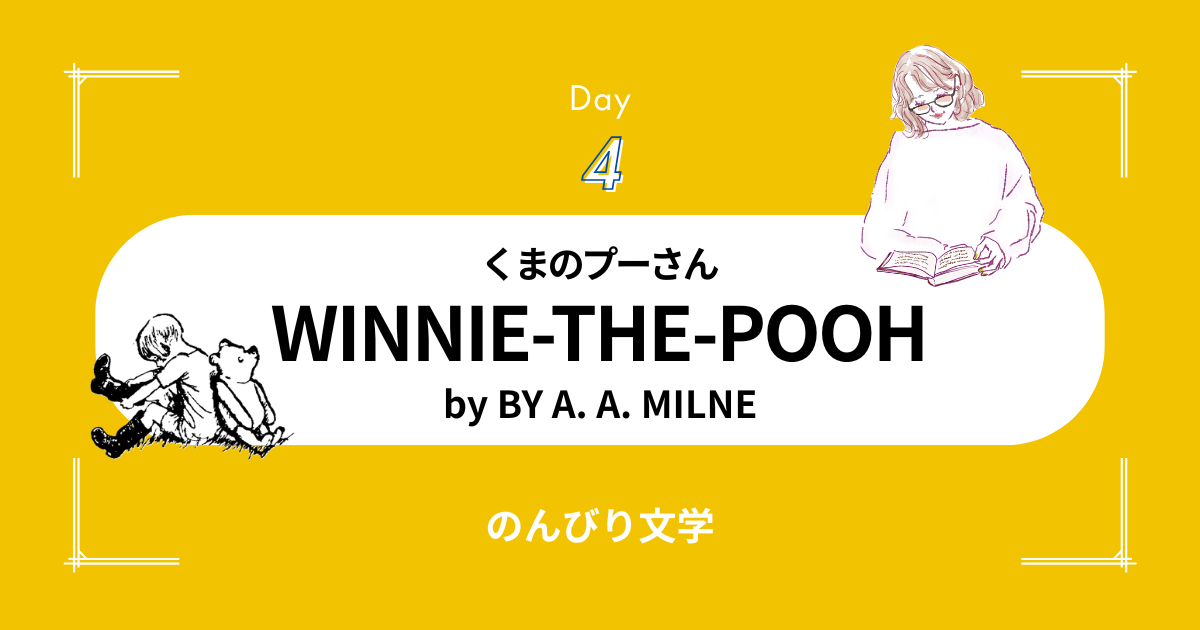
当サイトでは、著作権切れとなった洋書を扱う Project Gutenberg より、文学作品や小説をDLし、学習の素材として使用しています。
タイトル:WINNIE-THE-POOH(くまのプーさん)
著者:BY A. A. MILNE
初版発行:1926年(イギリス)
〔あらすじ〕
物語の舞台は、100エーカーの森という静かな場所。そこには、ちょっとおとぼけで食いしん坊な「くまのプーさん(Winnie-the-Pooh)」と、その仲間たちが暮らしています。プーは、森で起こるささやかな出来事を通して、友情や冒険を体験していきます。
ある日、プーは大好物のハチミツを手に入れようとして、風船につかまって空を飛び上がる作戦に出ますが、うまくいかずに大騒動に。また別の日には、小さな仲間ピグレットとともに「北極探検」と称して冒険に出かけたり、ロバのイーヨーのなくなったしっぽをみんなで一緒に探したりします。

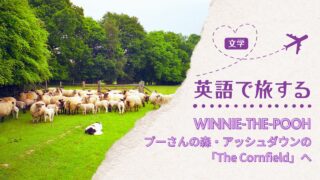
森が大雨で水浸しになった際には、仲間の一人を助けるために勇気をふるい、ささやかだけれど心温まる救出劇も描かれます。その他にも、元気いっぱいのティガーの登場や、おせっかいだけど頼れるラビット、思いやり深いカンガとルーなど、個性豊かなキャラクターたちとの日常が、優しいユーモアと温もりあふれるタッチで綴られていきます。
物語を通して、登場人物たちはささいな出来事に一喜一憂しながらも、互いを思いやり、支え合う姿を見せてくれます。その純粋さと愛らしさが、『Winnie-the-Pooh』を世代を超えて読み継がれる名作へと押し上げています。
この作品は全編を通して 約25,000 words が使われています。
1日に 300~500 words 程度に区切りながら、ゆっくりと読み進めていきたいと思いますので、Day1から順にご自身のペースでお楽しみください。
はじめに
今回は、クマのプーさんが風船を使って空に浮かび、蜂の巣にはちみつを取りに行こうとする名場面です。彼の可愛らしい“なりきり作戦”や、クリストファー・ロビンとの微笑ましいやりとりから、英語特有の比喩表現や推測の言い回し、「仮定法」「過去完了」「疑念の表現」など実用的な文法も自然に学べます。楽しみながら英文読解と語彙力アップにチャレンジしてみましょう。
本文を読む
CHAPTER I(前回からの続き)
IN WHICH WE ARE INTRODUCED TO WINNIE-THE-POOH AND SOME BEES, ANDTHE STORIES BEGIN
Well, it just happened that you had been to a party the day before at the house of your friend Piglet, and you had balloons at the party. You had had a big green balloon; and one of Rabbit’s relations had had a big blue one, and had left it behind, being really too young to go to a party at all; and so you had brought the green one and the blue one home with you.
“Which one would you like?” you asked Pooh.
He put his head between his paws and thought very carefully.
“It’s like this,” he said. “When you go after honey with a balloon, the great thing is not to let the bees know you’re coming. Now, if you have a green balloon, they might think you were only part of the tree, and not notice you, and, if you have a blue balloon, they might think you were only part of the sky, and not notice you, and the question is: Which is most likely?”
“Wouldn’t they notice you underneath the balloon?” you asked.
“They might or they might not,” said Winnie-the-Pooh. “You never can tell with bees.” He thought for a moment and said: “I shall try to look like a small black cloud. That will deceive them.”
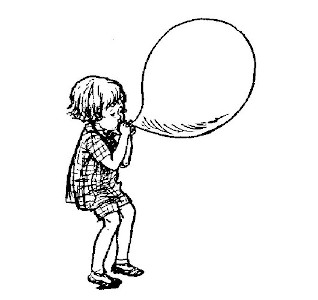
“Then you had better have the blue balloon,” you said; and so it was decided.

Well, you both went out with the blue balloon, and you took your gun with you, just in case, as you always did, and Winnie-the-Pooh went to a very muddy place that he knew of, and rolled and rolled until he was black all over; and then, when the balloon was blown up as big as big, and you and Pooh were both holding on to the string, you let go suddenly, and Pooh Bear floated gracefully up into the sky, and stayed there—level with the top of the tree and about twenty feet away from it.

“Hooray!” you shouted.
“Isn’t that fine?” shouted Winnie-the-Pooh down to you. “What do I look like?” “You look like a Bear holding on to a balloon,” you said.
“Not,” said Pooh anxiously, “—not like a small black cloud in a blue sky?” “Not very much.”
“Ah, well, perhaps from up here it looks different. And, as I say, you never can tell with bees.”
There was no wind to blow him nearer to the tree, so there he stayed. He could see the honey, he could smell the honey, but he couldn’t quite reach the honey.
After a little while he called down to you. “Christopher Robin!” he said in a loud whisper. “Hallo!”
“I think the bees suspect something!” “What sort of thing?”
“I don’t know. But something tells me that they’re suspicious!”
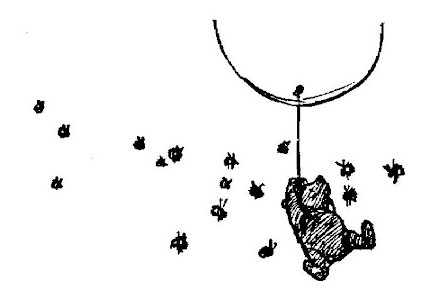
重要単語の確認
balloon(名詞)/bəˈluːn/
風船
今回の作戦の主役アイテム。「a green balloon」「a blue one」のように色とセットで使われる。
deceive(動詞)/dɪˈsiːv/
だます、欺く
「I shall try to look like a small black cloud. That will deceive them.」のように、蜂をごまかす意図で使われる語。
suspect(動詞)/səˈspekt/
とげ、とげとげ
植物や茂みのとげを表す語。作中では「gorse-bush(ハリエニシダ)」のトゲが鼻についたという描写で使われており、視覚的なユーモアと痛みを表している。
suspicious(形容詞)/səˈspɪʃəs/
怪しむ、疑う
「I think the bees suspect something.」という形で、疑いの気配を表す。不安を表す口語的用法としても便利。
suspicious(形容詞)/səˈspɪʃəs/
疑わしげな、怪しんでいる
上記“suspect”の形容詞形で、「the bees are suspicious」といった使い方が可能。
float(動詞)/fləʊt/
浮かぶ、漂う
プーさんが空に“gracefully(優雅に)”浮かんでいくシーンで使用され、視覚的に状況を表現。
blow up(句動詞)/bləʊ ʌp/
膨らませる
「the balloon was blown up」と受動態で使われ、風船が膨らまされる様子を表す。
muddy(形容詞)/ˈmʌdi/
泥だらけの
「very muddy place」にて使用。プーさんが黒くなるために転げ回る場所を表す。
覚えておきたい表現
You never can tell with …
~については予測がつかない
「You never can tell with bees.(蜂ってのは予測できないんだ)」という形で、ことわざのように用いられる。
just in case
念のために
「you took your gun with you, just in case」で使用される表現。日常会話でも非常によく使う。
I wonder if …
~かなと思う
プーが風船があるかどうかを想像する場面で使われる。「丁寧な疑問」の代表格。
What do I look like?
私、どう見える?
外見や印象を尋ねる定番表現。プーが“黒い雲に見えるか”を気にする場面で使用。
as big as big
できるだけ大きく
balloon のサイズを強調する繰り返し表現。童話的で印象に残るリズムのある言い回し。
本文と対訳
Well, it just happened that you had been to a party the day before at the house of your friend Piglet, and you had balloons at the party.
ちょうどその前日、あなたは友達のピグレットの家で開かれたパーティーに行っていて、風船がありました。
You had had a big green balloon; and one of Rabbit’s relations had had a big blue one, and had left it behind, being really too young to go to a party at all; and so you had brought the green one and the blue one home with you.
あなたは大きな緑の風船を持っていて、ラビットの親戚の一人が大きな青い風船を持っていましたが、彼はまだパーティーに来るには若すぎて置いていってしまい、あなたは緑と青の両方の風船を持ち帰っていたのでした。
“Which one would you like?” you asked Pooh.
「どっちがいい?」とあなたはプーに尋ねました。
He put his head between his paws and thought very carefully.
彼は前足の間に頭を挟んで、真剣に考えました。
“When you go after honey with a balloon, the great thing is not to let the bees know you’re coming.”
「風船ではちみつを取りに行くときに大事なのは、蜂に気づかれないことだよ」
“Now, if you have a green balloon, they might think you were only part of the tree, and not notice you… if you have a blue balloon, they might think you were only part of the sky… and the question is: Which is most likely?”
「緑の風船なら木の一部に見えるかもしれないし、青なら空の一部かも。問題はどっちがそれらしく見えるかだよ」
“Wouldn’t they notice you underneath the balloon?” you asked.
「でも、風船の下にいる君には気づくんじゃない?」
“They might or they might not,” said Winnie-the-Pooh. “You never can tell with bees.”
「気づくかもしれないし、気づかないかもしれないよ。蜂ってのは予測できないからね」とプーが言いました。
“I shall try to look like a small black cloud. That will deceive them.”
「小さな黒い雲みたいに見せかけるよ。そうすればごまかせるはず」
“Then you had better have the blue balloon,” you said; and so it was decided.
「じゃあ、青い風船の方がいいね」とあなたが言って、決まりました。
Pooh went to a very muddy place… rolled and rolled until he was black all over… and then he floated gracefully up into the sky.
プーは泥だらけの場所へ行って、何度も転がって体中黒くなり、それから空へ優雅に浮かび上がっていきました。
“What do I look like?” “You look like a Bear holding on to a balloon.” “Not like a small black cloud?”
「僕ってどう見える?」「風船を持ったクマにしか見えないよ」「小さな黒い雲じゃないのか…」
“Ah, well… You never can tell with bees.”
「まあ…蜂ってのは予測できないからね」
“Christopher Robin!” he said in a loud whisper. “I think the bees suspect something!”
「クリストファー・ロビン!」とプーは大声のささやきで言いました。「蜂たち、なにか怪しんでると思うんだ!」
理解度チェック
今日のリーディン範囲について、理解度をチェックしてみましょう。
以下の文の空欄に適切な語を選んでください。
Q1. Pooh chooses the blue balloon because he wants to look like __.
(A)a tree branch
(B)a bluebird
(C)the sky itself
(D)a small black cloud in the sky
- 解答はここをクリック
-
正解:(D)a small black cloud in the sky
プーは「小さな黒い雲のように見せかけたい」と言っている。
Q2. To make himself look like a cloud, Pooh __.
(A)wore a costume
(B)used paint
(C)rolled in the mud
(D)climbed higher
- 解答はここをクリック
-
正解:(C)rolled in the mud
プーは「黒くなるために泥の中を転げ回った」と明記されている。
Q3. Why does Pooh think the bees might not notice him?
(A)Because he’s wearing a disguise
(B)Because the balloon color blends with nature
(C)Because bees are not smart
(D)Because he’s invisible
- 解答はここをクリック
-
正解:(B)Because the balloon color blends with nature
→色を利用して木や空の一部に見せかけるという論理。
Q4. What does Pooh say about bees?
(A)They are friendly
(B)They always share honey
(C)They are unpredictable
(D)They live under the tree
- 解答はここをクリック
-
正解:(C)They are unpredictable
「You never can tell with bees」という言い回しを使用。
Q5. How does Christopher Robin react to Pooh’s disguise idea?
(A)He laughs at Pooh
(B)He offers another idea
(C)He agrees and chooses the blue balloon
(D)He refuses to help
- 解答はここをクリック
-
正解:C)He agrees and chooses the blue balloon
クリストファー・ロビンは「じゃあ青い風船だね」と賛成している。
まとめ
今回の場面では、プーさんのユニークな発想力と、蜂をごまかそうとする“なりきり作戦”が描かれました。
英語では「You never can tell with ~」「I wonder if~」など、推測・予測・仮定をやわらかく伝える表現が多く登場しました。
こうした表現は、日常英会話でも非常に役立ちます。
次回は、プーさんの空中はちみつ作戦がどうなるか…!?
続きをお楽しみに!
